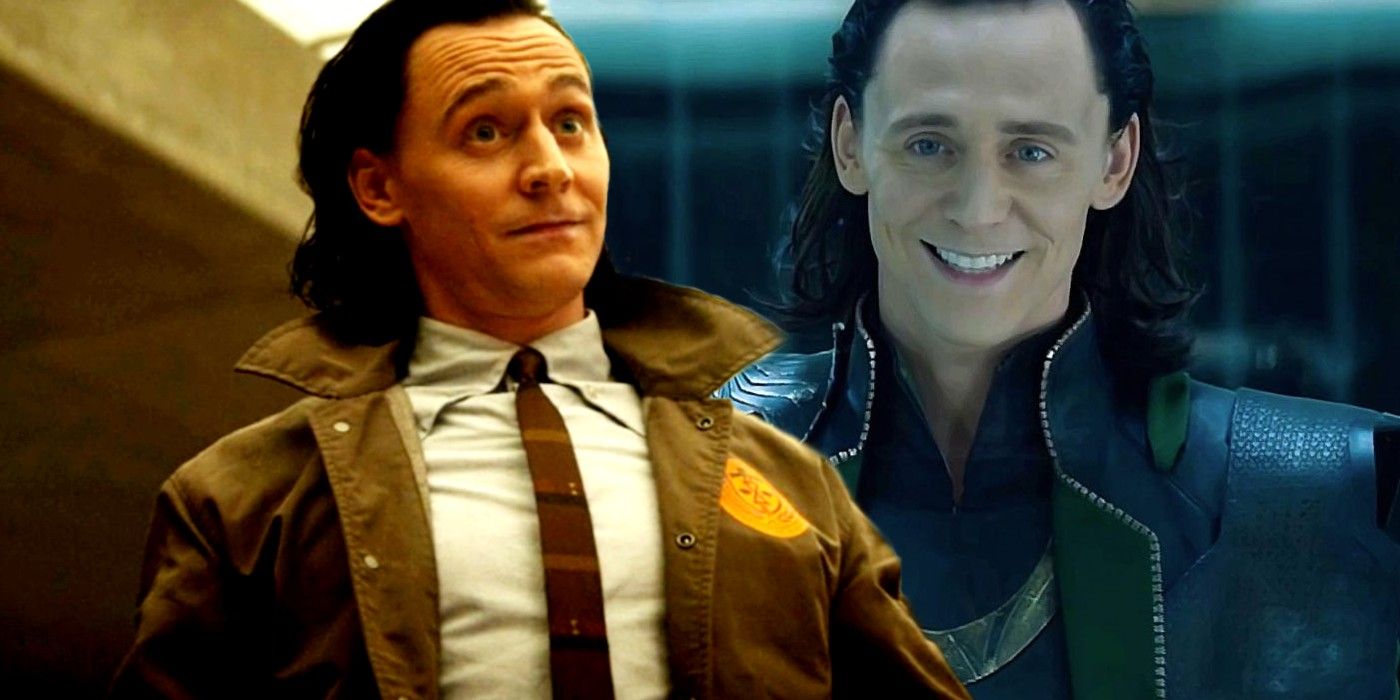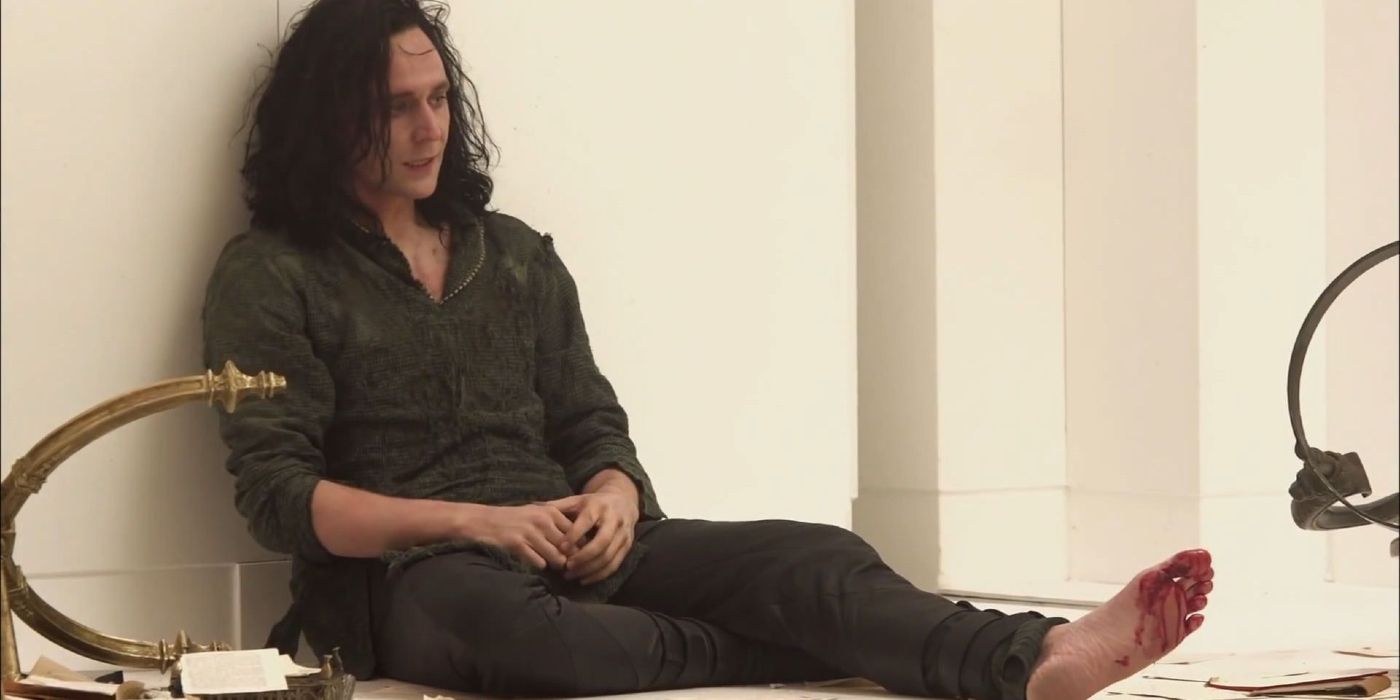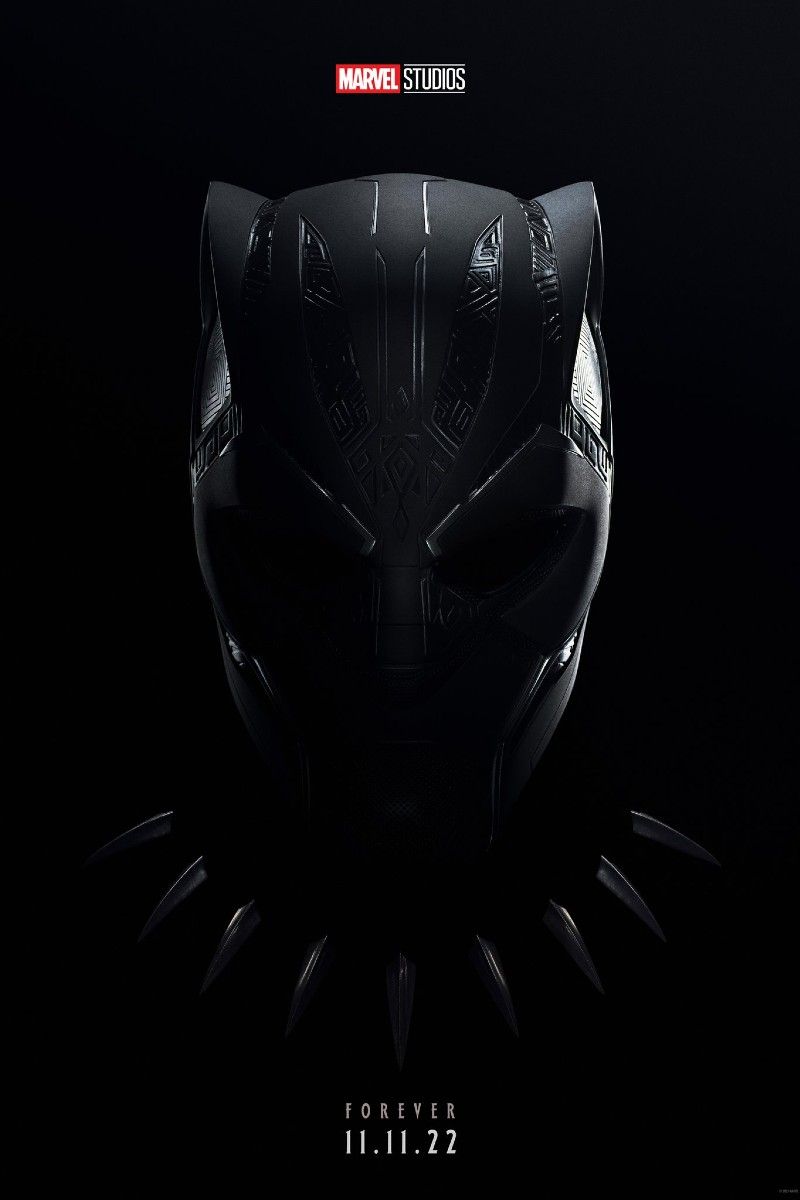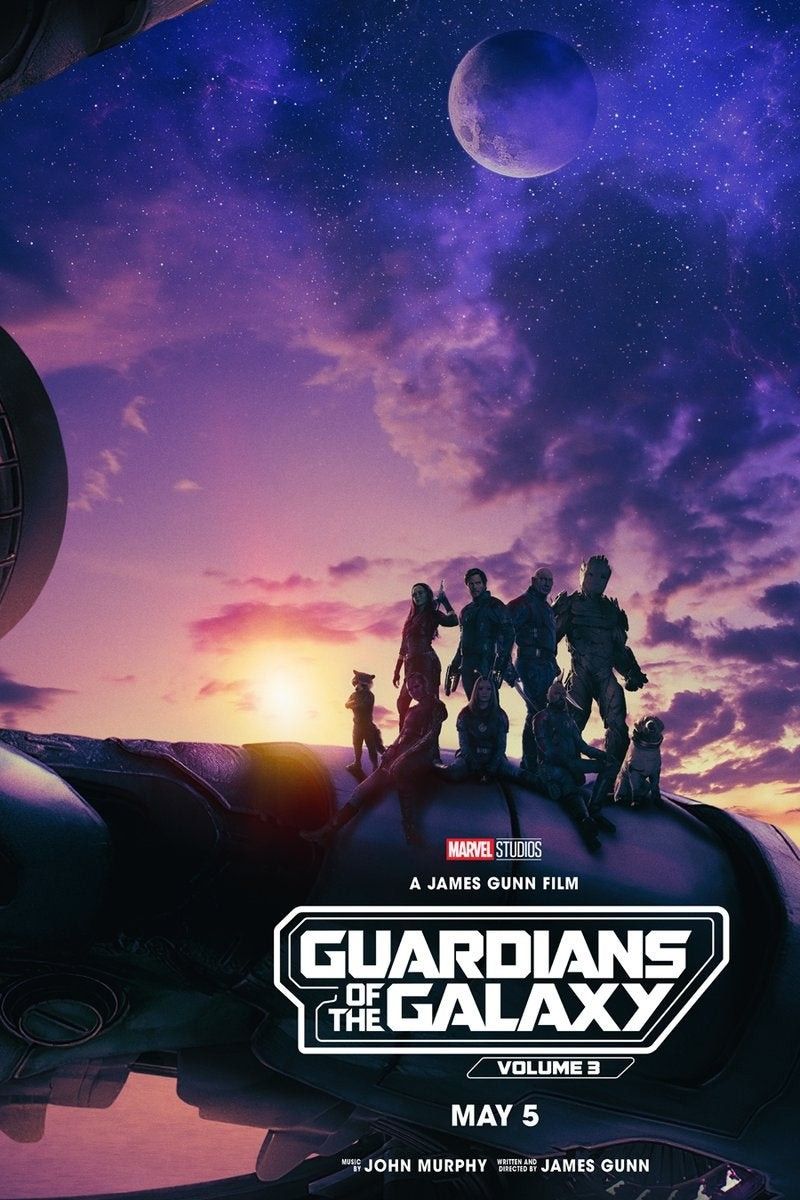Caution: Spoilers ahead for Loki episode 2, "The Variant."
Loki provides MCU fans with a helpful explanation of the magical powers Tom Hiddleston wields in his Disney+ solo series. Major Mobius claims to know Loki almost as well as Loki knows himself, but the TVA employee makes a crucial mistake in Loki's second episode, "The Variant." Though Loki has long lacked his brother's brute strength and control of the elements, he excels in other areas, showing great affinity for magic in particular. One of Loki's trademark skills is illusions - sometimes creating a perfect copy of himself to attract an opponent's attention, and on other occasions hiding his true body by projecting a fake one.
It's natural to assume these abilities are one and the same. Both are magical falsehoods, after all. But that's precisely the mistake Mobius makes in "The Variant." During the episode's TVA briefing scene, Mobius gives his troops an overview of which powers they should expect to face while hunting Loki's villainous variant. When Owen Wilson's character lumps illusion and duplication into one category, Loki is quick to pipe up with a correction, revealing these are actually two distinct skills. According to Loki, illusion projection is "depicting a detailed image outside oneself which is perceptible in the external world" and duplication casting means creating an "exact facsimile of one's own body in its present circumstance... a true holographic mirror of its molecular structure."
Breaking these jargon-heavy explanations down, an example of illusion projection might be when an unkempt and miserable Loki projects a version of himself looking confident and healthy whilst jailed in Thor: The Dark World. The image is perceptible in the outside world, and cast outside of oneself, since the real Loki is actually sitting in another part of the room. An example of duplication casting would be when Loki tricks Thor into entering Hulk's S.H.I.E.L.D. cell during The Avengers. In this instance, the fake Loki looked exactly like his counterpart, but was actually a "holographic mirror" that Thor would haplessly fall straight through.
The difference is a subtle one, and it's certainly easy to see why Mobius would assume they were the same power. Were Loki not Asgard's very own Moriarty, he might've let the error slide, but there are fundamental differences between the two powers. The first big distinction is the content of the deceptions. With illusion projection, Loki can look however he chooses; with duplication casting, he can only appear in his "present circumstance." To revisit our earlier example, Loki couldn't have used duplication to hide his bad hair day in Thor: The Dark World.
The second key distinction is accuracy. Illusion projection creates a "detailed" image - i.e. convincing enough to fool at a glance, but only as good as Loki can conjure, like how a portrait can only capture a person's face to a certain degree of accuracy. However, duplication casting is exact on a molecular level. Rather than painting an illusion, Loki is CTRL+C-ing his own body, which might explain why Thor keeps falling for the trick. To an outsider, the results of illusion projection and duplication casting might be impossible to discern, but from Loki's perspective as the conjurer, the process is entirely different. This clarification is largely unique to the MCU. In the Marvel comic books, this aspect of Loki's magical prowess is simply chalked up to "illusion," which is precisely how Mobius views it. There's no indication that comic Loki's duplicates are anything but an extension of his illusory powers.
Perhaps the more interesting question is why this distinction was pointed out in Loki. The line demonstrates Loki's intelligence, his disdain for the TVA, and his pedantic demand for accuracy when it comes to describing his talents, but could there be a deeper purpose? In a future episode, might Loki's uncanny ability to copy himself (and the TVA's ignorance of this ability) allow him to finally break free of the Time-Keepers' clutches, since their instruments may not pick up the molecular accuracy of duplication.
Loki episodes release every Wednesday on Disney+.










